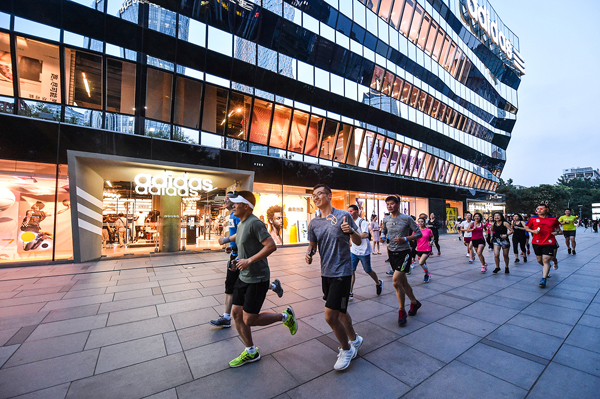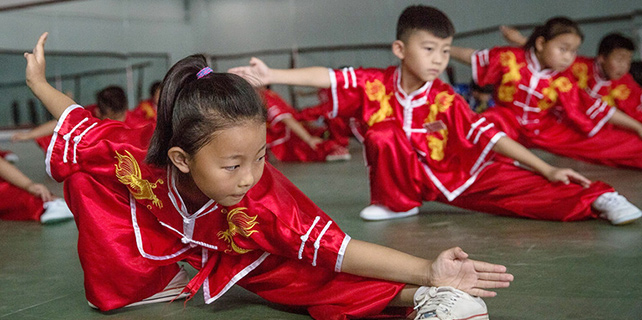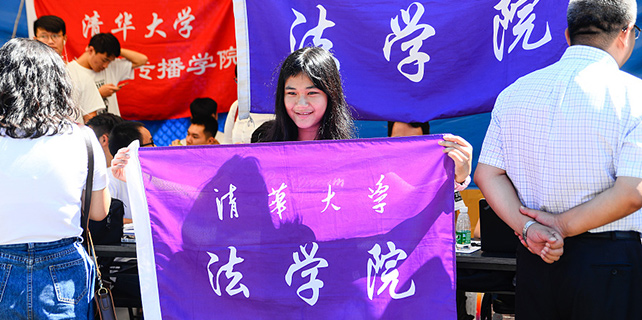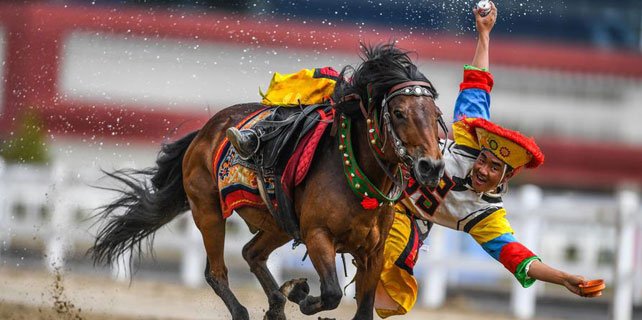All to play for
 |
|
As the pursuit of fitness becomes more popular in China, sports brands want to be at the forefront of the development of this culture. [Photo provided to China Daily] |
The multimillion sports apparel industry is determined to ensure that in China fitness is not just a fad.
When the Brazilian Neymar made headlines recently after becoming the world's most expensive soccer player, in a transaction worth 222 million euros ($261 million), it highlighted once again that when all is said and done big sports are big business.
Even if Neymar's soccer skills are beyond doubt, that huge amount essentially reflects the value put on him as a marketing tool.
In a highly popular TV drama in China recently, The First Half of My Life, Tang Jing, who played one of the show's heroines, helped forge her on-screen persona by being portrayed following a daily fitness routine garbed in a popular brand of sportswear.
While Neymar and others in top-league competitive sports grab headlines because of the huge sums of money they command, it is the likes of Tang who are the front-line marketeers as multinational corporations fight for the huge revenues at stake in the world of sports and personal fitness.
In this campaign - which is so pervasive it is hard to escape if you read newspapers or magazines, watch films of TV or spend a lot of time on the internet - their mission is to convey the message that being fit and being trim is not only good for your health, but is also cool and is a mark of success.
At stake in China is a personal fitness market that the marketing consultancy Euromonitor reckons has almost doubled over the past five years. The value of sales of sports clothing alone was 187 billion yuan ($27.8 billion) last year, 11 percent higher than the year before, it says.
China's national fitness plan administered by the State Council forecasts that by 2020 spending related to sports will be worth 3 trillion yuan, making it a major new driver for domestic consumption.






















